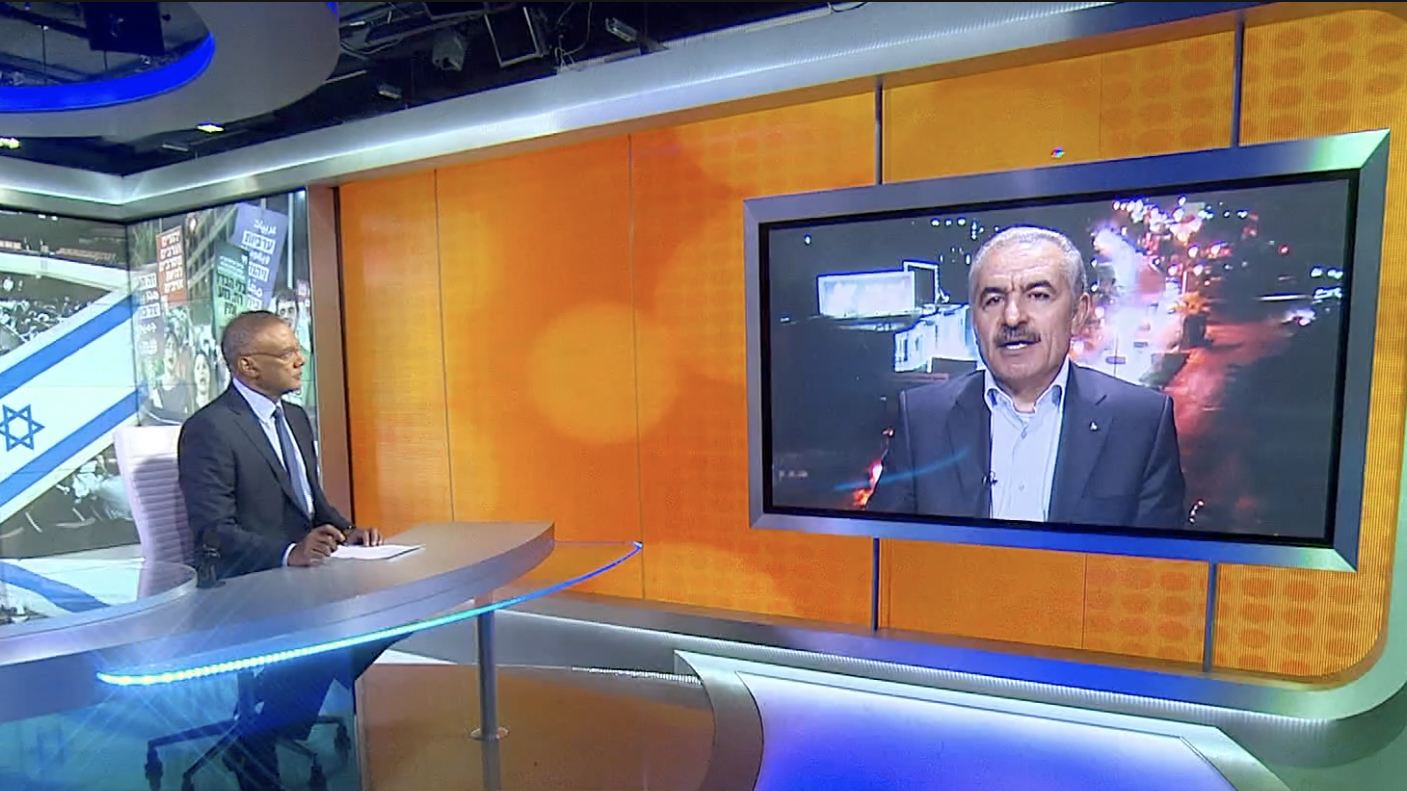
Opinions
13:09, 28-Jul-2018
The Heat: Jewish Nation-State law draws a dividing line in Israel
Updated
12:38, 31-Jul-2018
By CGTN's The Heat
01:03

The Israeli parliament just passed a new law stating that “Israel is the historical homeland of the Jewish people and they have the exclusive right to self-determination,” which also provokes a controversial discussion around the world. Before this basic law was released, it has been through the arguments in parliament months ago.
The Israeli government, led by Prime Minister Benjamin Netanyahu, explains that the bill defines the characteristics of the nation as a statutory law. It includes some specific regulations of official language.
At the same time, this bill receives a bunch of voices of opposition from Arabic people who claim that “self-determination” only for Jews implies the “Jewish supremacy.” Arabic, one of the official languages before, is just a special language after the law defines Hebrew as the exclusive official language this week.
Moreover, the Palestinian people dwelling in the occupied territories are excluded from the bill, even though Arab Israelis residing in Israel make up 20 percent of Israel’s population.
Israeli Arab lawmakers are condemning the new law for downgrading the democracy and also categorize the citizens.
“It should not have been legislated, it just makes people angry,” Amotz Asa-El, a senior commentator for the Jerusalem Post, said that the exclusive bill upsets Israeli Arabs who hold the loyalty for the country.
However, he added that the bill will not “diminish from anyone civil rights” of individual citizens. He explained that “as collectives, the Jews of Israel are the nation-state to whom the state belongs as opposed to other alternative collective national identities.”
“No individual rights of anybody would be harmed,” Jeremy Saltan said.
Saltan offered more opinions standing by the bill as a Central Committee member of the Jewish Home Party “Bayit Yehudi.” As far as he is concerned, the bill is “a basic law” with “constitutional status in Israeli law” filled with various definitions of Israel, such as national anthem, national flag and holidays. Those things above have already existed within Israeli law.
From another side, the law has more implications than basic national regulations. It draws a line across the country separating Palestinian people and Jewish.
Mohammad Shtayyeh is the head of the Palestinian Economic Council for Development and Reconstruction and is a member of the Fateh Central Committee. He noted that racism that is hidden behind the law eliminates both the Arabic language and indigenous people.
“It’s a total rejection of other people’s right.”
To the border extend, Shtayyeh said that the law itself did fully and totally erode the possibility of a Palestinian state living side by side with Israel which was something that did enjoy an international consensus.
More than that, “self-determination” doesn’t refer to the Palestinian people as well as denies 6-million Palestinian refugees’ rights of return.
“This is not only a matter of racism. This is something that is eroding human rights,” Shtayyeh also condemned at the regulation which limits Palestinians people from renting a flat in certain buildings, cities or even Jewish communities.
“This law creates a social segregation between Palestinians inside Israel.”

SITEMAP
Copyright © 2018 CGTN. Beijing ICP prepared NO.16065310-3
Copyright © 2018 CGTN. Beijing ICP prepared NO.16065310-3